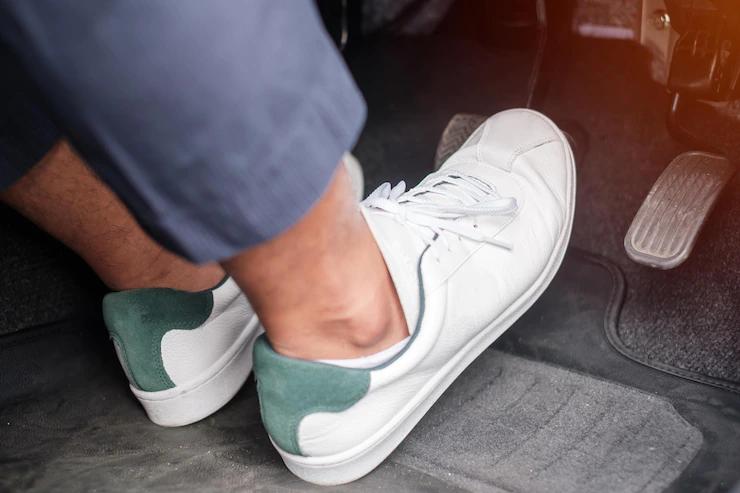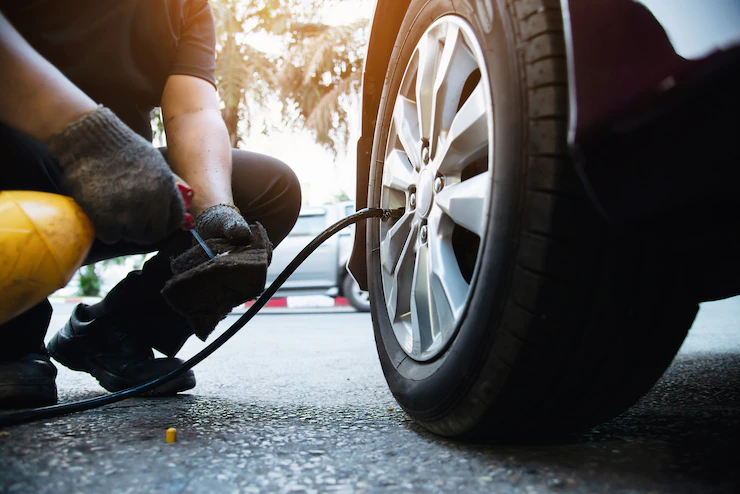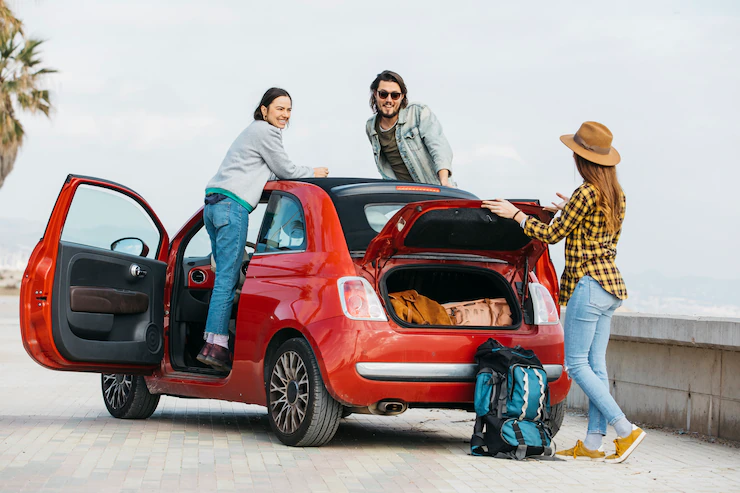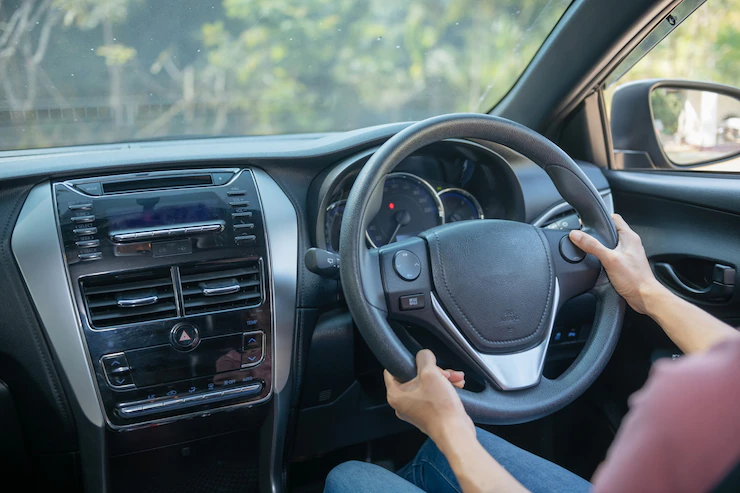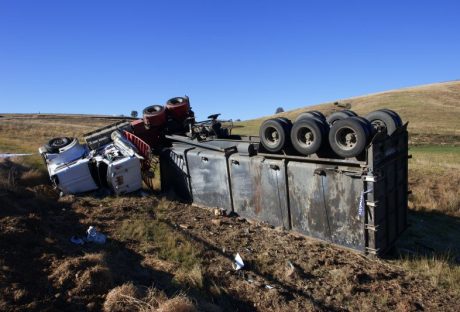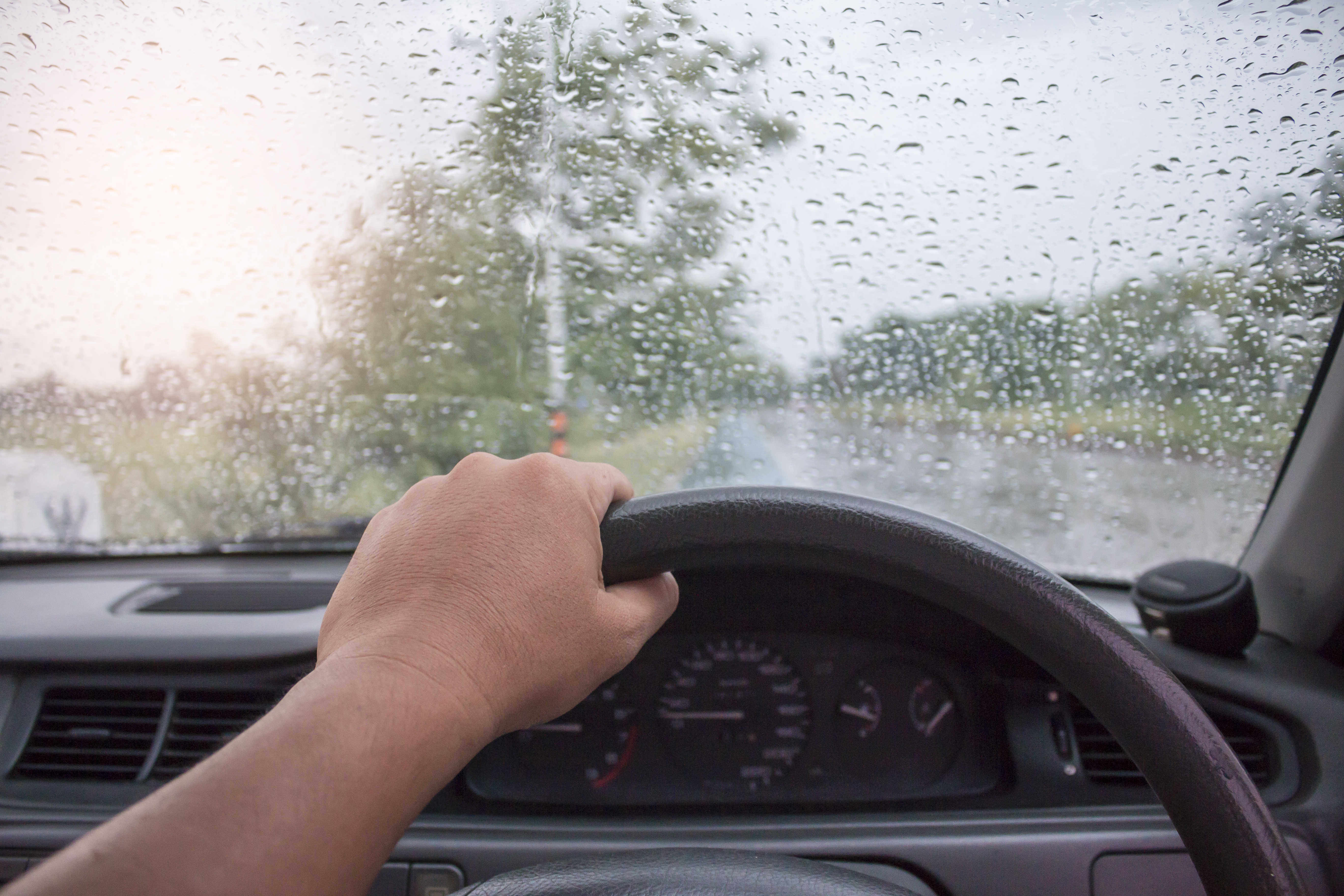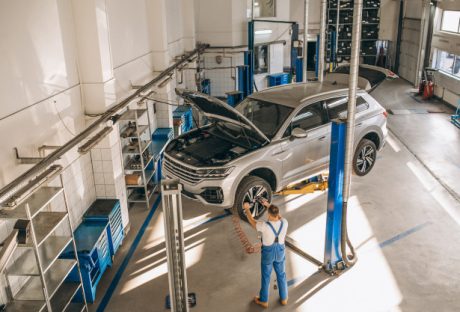Owning a car comes with many perks. You no longer have to endure the hassle of using public transportation when you can sit in the comfort of your own car.
Along with this, you no longer have to wait for the bus schedule or squeeze yourself with everyone during the rush hour. However, even with the amazing benefits that your car can provide, there are some drawbacks.
Unless your car’s electric, your vehicle needs gas to run for miles. Unfortunately, fuel prices are constantly increasing. While looking for the best gas stations that provide cheaper rates would be a great option, maximizing its efficiency could also be helpful.
Some Ways To Improve Your Car’s Fuel Efficiency:
1. Go Easy On The Pedals
As soon as you step inside your car, one thing you should keep in mind is to drive smoothly as possible. Not only that it can prevent you from pushing forward and backward every time your step on the brake and accelerator pedals, but it can also help you to save on your fuel consumption. Harsh driving and intense stepping on the pedals can hurt your vehicle and gas consumption, causing even more visits to the gas station.
While it might sound exciting to frequently move your body and be intense with your every movement as if you’re a race car driver, it can negatively affect your gas consumption. In most cases, you’ll decrease your fuel efficiency by 15 to 30%. To prevent yourself from wasting money, you should go easy on the pedals and drive smoothly as possible.
2. Don’t Race On The Road
An open road without any cars nearby might tempt you to test your speed limit. While it might sound exciting and fun, you should expect higher gas consumption. When you speed, you spend more fuel covering the same distance you would if you went a bit slower. If you’d like to save on gas, you should try to go slow, yet appropriate for the road, as much as possible.
Research shows that your car is burning 25% more fuel if you’re running 80mph compared to 70mph. Moreover, depending on the car, driving over 50mph can reduce your fuel economy by 7 to 14%. If there’s no need to rush, try to slow down your speed and conserve your fuel as much as possible.
3. Check For Proper Tire Pressure
While it might seem like a separate topic, your vehicle’s tire pressure can affect your car’s fuel efficiency, forcing your car to work twice as much and burn your gas. You should begin by identifying your car’s ideal tire pressure and ensure that you keep it that way for your entire ride. Check your tire pressure at least every two weeks at the gas station or do it at home using a gauge and see if you need to add more air.
If you choose to allow your vehicle to run with inadequate tire pressure, usually less than ten psi, it might affect your fuel economy by 10% for the entire trip. However, even with a single tire with an incorrect psi, it can still reduce your fuel’s efficiency by 3.3%. Moreover, this is only part of the car maintenance habits that you should observe regularly.
4. Remove Unnecessary Weight
The heavier your car is, the more power it needs to run at your desired speed. Even if your vehicle can carry everything you put inside, it’ll only put more work on the machine, requiring additional fuel consumption.
You should reduce what you throw inside as much as possible. If you don’t need to bring your kid’s stroller with you all the time or carry your bag full of clothes inside your car, you should consider leaving them behind unless you really need them for the day.
Apart from unloading your trunks, you should also consider removing any unnecessary attachments inside your car. This will include your roof boxes and bike rack.
If you don’t need them, you should just store them in the garage and attach them when required. While it might be added work, it could help you to improve your car’s fuel efficiency.
5. Plan Your Trips
Planning your trips ahead goes a long way in maximizing your travel at the lowest cost. You’ll see which roads you should take, pinpoint heavy traffic points, and decide to take on shorter routes.
To help improve your car’s fuel efficiency, you should check the traffic condition by checking the news or using a satellite navigation app that allows you to see the traffic condition in real-time. Moreover, avoiding rush hour would also help as it’s a traffic magnet, forcing you to be idle for a long time.
Along with planning your trips, you should also consider making a single long trip, rather than reducing your trips into multiple ones, thinking that it’ll be more fuel-efficient. If you plan on making two short trips instead of one, you’re wasting more gas as your car would consume more fuel each time you turn it on.
6. Turn Off The Engine
If you need to wait for someone while in the car, you might want to consider turning off your engine to save on gas. Even if you’re not driving your vehicle as you put it in a parking transmission, it’s consuming an adequate amount of gas, which could call for a visit to the gas station immediately. To avoid this happening, you should consider turning off your engine.
When you turn off your engine, you can choose to leave the car or stay inside. However, if you’re staying, you should ensure that you keep your windows open to allow for proper ventilation as your car would be sealed shut, not giving you enough air to breathe in.
Takeaway
Improving your car’s fuel efficiency can really be challenging, especially if you have a usual driving habit. But trying to be a smooth driver would surely make everyone feel comfortable every time you’re behind the wheel.
Moreover, reducing your car’s weight effectively allows for more space while also putting less pressure on your engine. Above all, always check for your tire pressure as they’re the most common reasons why vehicles are burning their fuel consumption.
Read Also:














